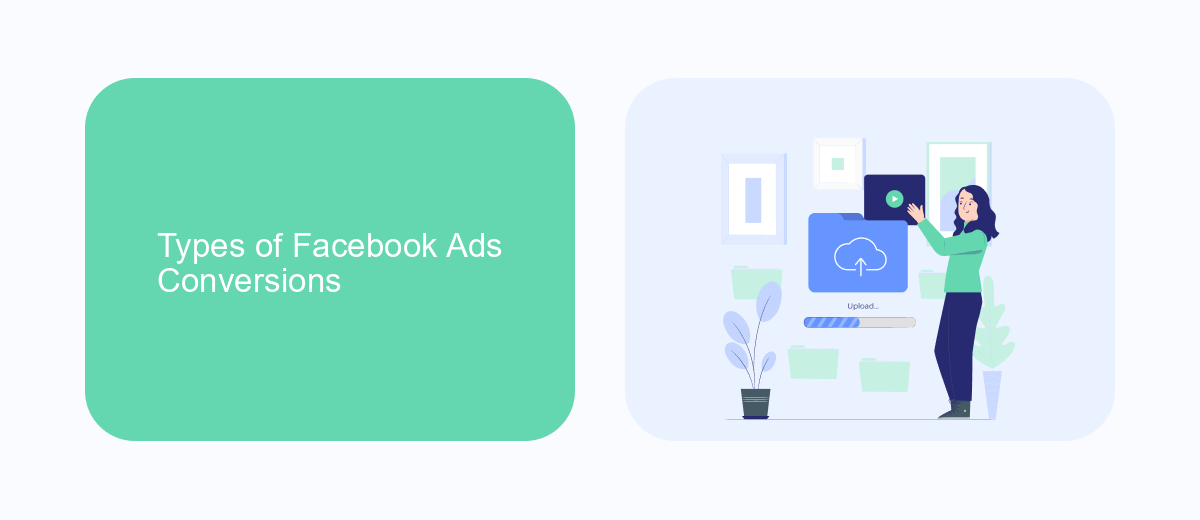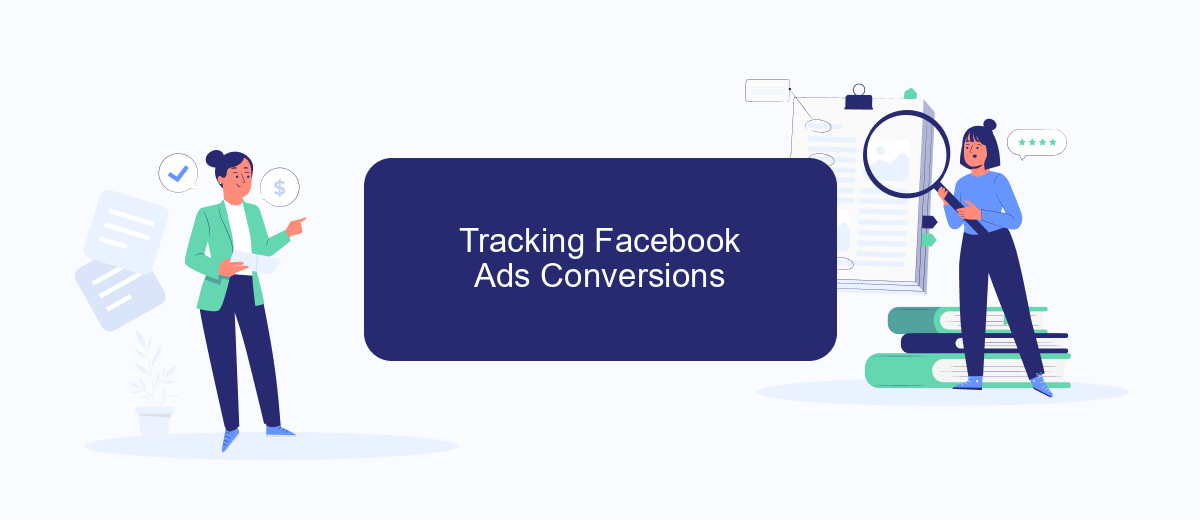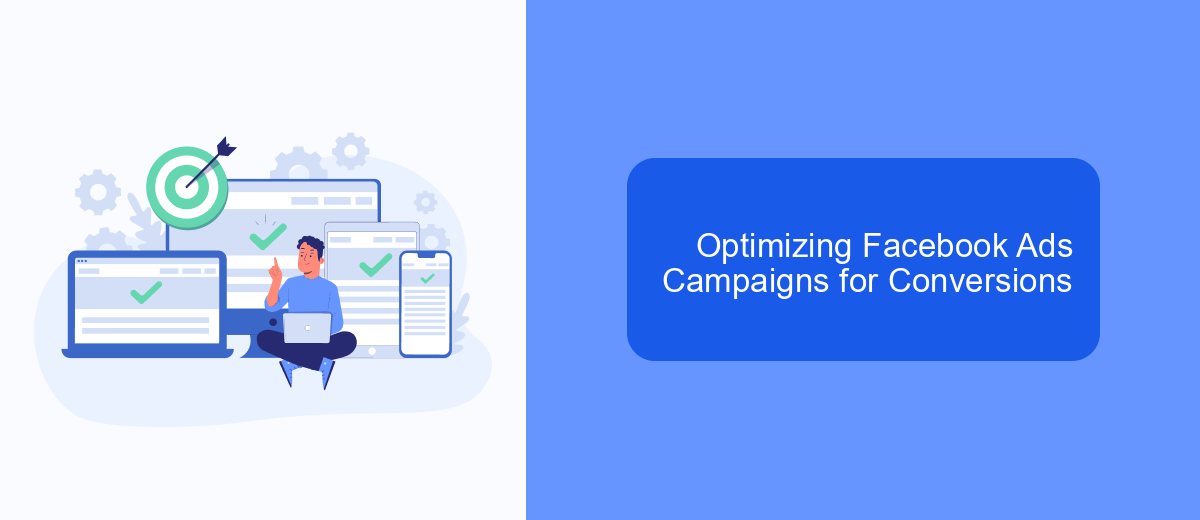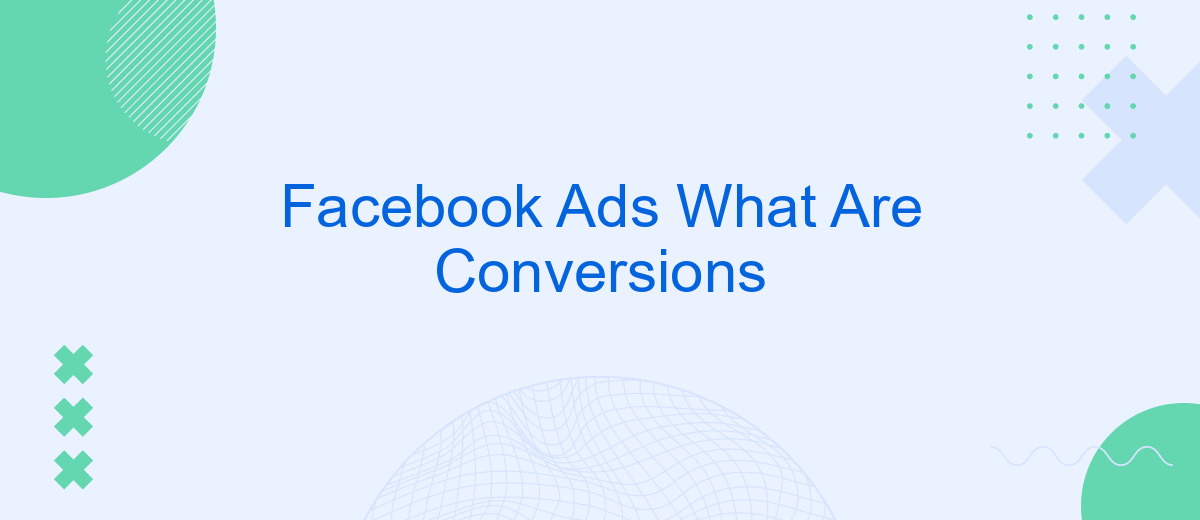In the realm of Facebook advertising, understanding conversions is crucial for maximizing the effectiveness of your campaigns. Conversions are specific actions that users take after interacting with your ad, such as making a purchase, signing up for a newsletter, or filling out a contact form. This article delves into what conversions are, why they matter, and how to track them to optimize your ad performance.
Intro to Facebook Ads Conversions
Facebook Ads Conversions are a critical metric for measuring the effectiveness of your advertising campaigns on the platform. Conversions represent specific actions that users take after interacting with your ads, such as making a purchase, signing up for a newsletter, or filling out a contact form. Understanding and optimizing for conversions can help you achieve your business goals more efficiently.
- Purchase: When a user buys a product or service.
- Lead: When a user submits their contact information.
- Sign-Up: When a user registers for an account or event.
- Add to Cart: When a user adds a product to their shopping cart.
- App Install: When a user downloads and installs your app.
By tracking these conversions, you can gain valuable insights into your audience's behavior and preferences. This data allows you to refine your ad targeting, allocate your budget more effectively, and ultimately increase your return on investment (ROI). Whether you're a small business owner or a large enterprise, focusing on Facebook Ads Conversions can significantly enhance your marketing strategy.
Types of Facebook Ads Conversions

Facebook Ads conversions can be categorized into several types, each serving a unique purpose to help businesses achieve their marketing goals. The most common types include website conversions, which track actions like purchases or sign-ups on your website, and app conversions, which monitor activities such as app installs and in-app purchases. Additionally, there are lead conversions, which focus on collecting user information through forms, and engagement conversions, which measure interactions with your content, such as video views or post engagements.
Another important type is offline conversions, which track actions that occur outside of the digital realm, like in-store purchases or phone inquiries. To streamline the tracking and management of these conversions, businesses often integrate third-party services like SaveMyLeads. This platform simplifies the process by automating data transfers between Facebook Ads and your CRM or other marketing tools, ensuring accurate and timely conversion tracking. By understanding and leveraging these different types of conversions, businesses can optimize their ad strategies and drive more meaningful results.
Tracking Facebook Ads Conversions

Tracking Facebook Ads conversions is crucial for understanding the effectiveness of your campaigns and optimizing them for better performance. By monitoring conversions, you can see which ads are driving desired actions, such as purchases, sign-ups, or downloads, and make data-driven decisions to improve your return on investment (ROI).
- Set up the Facebook Pixel on your website to track user actions.
- Define conversion events that align with your business goals, such as "Add to Cart" or "Complete Purchase."
- Create custom audiences to target users who have interacted with your ads but haven't converted yet.
- Use Facebook Ads Manager to analyze conversion data and adjust your ad strategies accordingly.
- Continuously test and optimize your ads based on performance metrics to maximize conversions.
By following these steps, you can effectively track and measure the success of your Facebook Ads campaigns. This will not only help you understand what works best for your audience but also enable you to allocate your advertising budget more efficiently. Remember, tracking conversions is an ongoing process that requires regular monitoring and adjustments to achieve the best results.
Optimizing Facebook Ads Campaigns for Conversions

Optimizing your Facebook Ads campaigns for conversions is crucial to achieving your marketing goals. The first step is to define your conversion objectives clearly. Whether it's generating leads, driving sales, or increasing app downloads, having a clear goal will guide your optimization efforts.
Next, ensure that your ad creatives and copy are compelling and relevant to your target audience. High-quality visuals and persuasive messaging can significantly impact your conversion rates. Additionally, make sure your landing pages are optimized for a seamless user experience, as this can greatly influence whether visitors complete the desired action.
- Utilize Facebook's conversion tracking tools to monitor performance.
- A/B test different ad variations to identify what works best.
- Leverage Custom Audiences to retarget users who have shown interest.
- Adjust your budget allocation based on the best-performing ads.
Regularly reviewing your campaign metrics and making data-driven adjustments is essential for continuous improvement. By staying proactive and responsive to the data, you can ensure that your Facebook Ads campaigns are consistently driving the highest possible conversions.
Analyzing Facebook Ads Conversion Performance
To effectively analyze Facebook Ads conversion performance, start by examining key metrics such as conversion rate, cost per conversion, and return on ad spend (ROAS). Utilize Facebook Ads Manager to access detailed reports and insights. Compare these metrics across different ad sets, campaigns, and time periods to identify trends and areas for improvement. Pay attention to the audience segments and creative elements that drive the highest conversions, and consider reallocating your budget towards these high-performing components.
Integrating third-party tools like SaveMyLeads can further enhance your analysis. SaveMyLeads allows you to automate data collection and streamline the process of tracking conversions from various sources. By connecting your Facebook Ads account with SaveMyLeads, you can easily sync lead data with your CRM or other marketing platforms, ensuring that you have a comprehensive view of your campaign performance. This integration helps in making data-driven decisions and optimizing your ad strategy for better conversion outcomes.
FAQ
What are conversions in Facebook Ads?
How can I track conversions in Facebook Ads?
What types of conversions can I track with Facebook Ads?
How do I set up conversion tracking for my Facebook Ads?
Why are conversions important for my Facebook Ads campaign?
Personalized responses to new clients from Facebook/Instagram. Receiving data on new orders in real time. Prompt delivery of information to all employees who are involved in lead processing. All this can be done automatically. With the SaveMyLeads service, you will be able to easily create integrations for Facebook Lead Ads and implement automation. Set up the integration once and let it do the chores every day.
